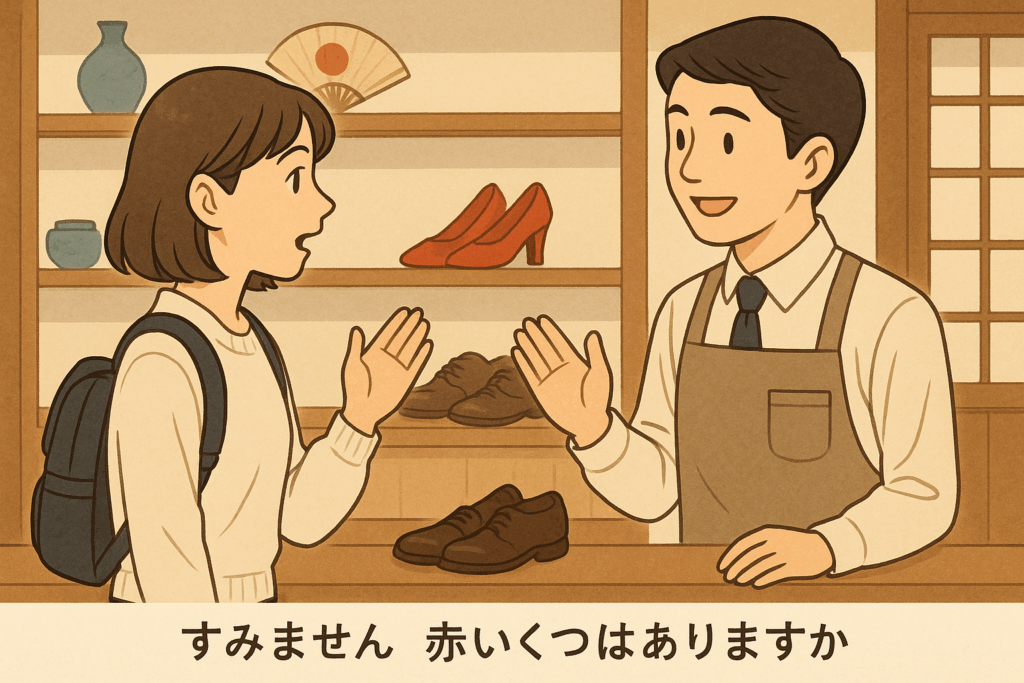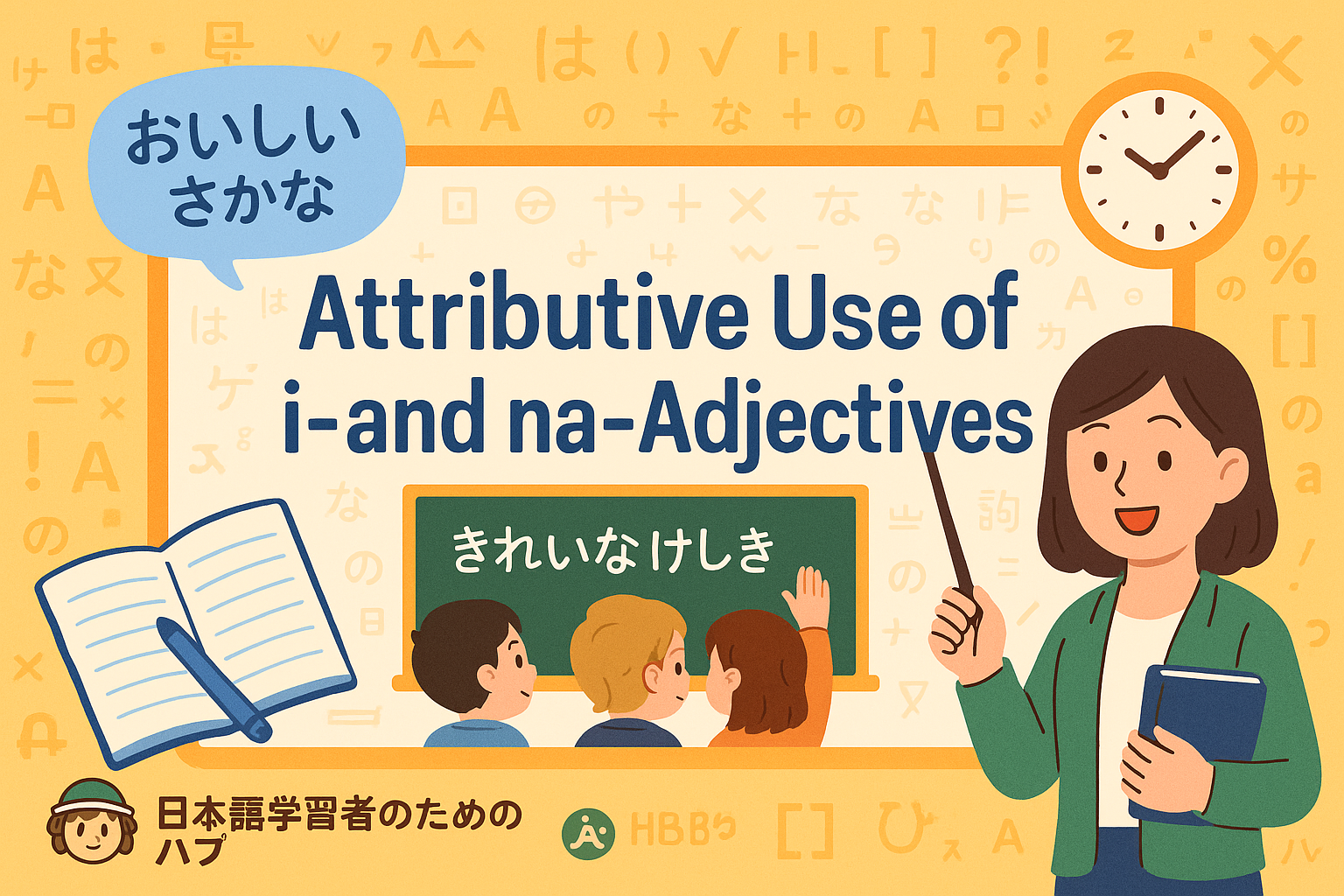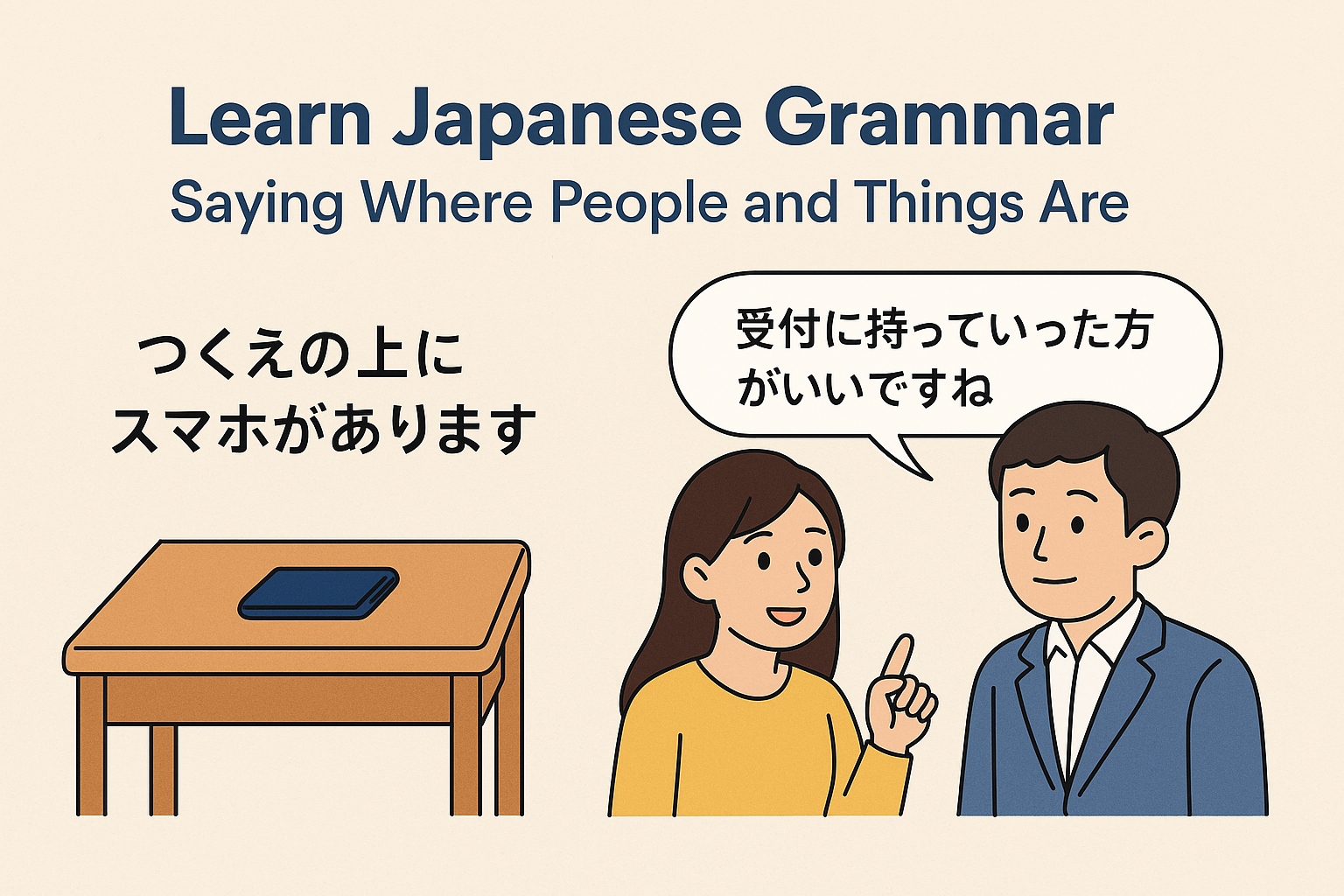イ形容詞とナ形容詞の名詞接続
Grammar meaning
Hi everyone studying Japanese!
Today, let’s learn how to connect i-adjectives and na-adjectives to nouns.
In Japanese, you can describe the quality or condition of a noun more clearly by putting an i-adjective or na-adjective in front of it.
Here’s how i-adjectives are connected to nouns:
おいしいです + さかな → おいしいですさかな → おいしいさかな(a delicious fish)
When you want to describe a noun using an i-adjective, you can just put it directly in front of the noun.
You don’t need to add “です”, so be careful not to use it here.
Now, let’s look at how to connect na-adjectives to nouns.
きれいです + けしき → きれいです な けしき → きれいなけしき(a beautiful view)
Be careful when connecting na-adjectives to nouns!
You have to put “na” between the na-adjective and the noun.
A lot of people make mistakes here, so make sure to remember this rule.
By the way, if you haven’t learned about i-adjectives or na-adjectives yet, you can start from here.
Example sentence
I-adjectives
・日本はすずしい国です。
Japan is a cool country.
・おもしろいえいがをしっていますか。
Do you know any interesting movies?
・あの小さいいえがわたしのいえです。
That small house is mine.
・すみません。赤いくつはありますか。
Excuse me, do you have red shoes?
Na-adjectives
・どこかしずかなところでやすみましょう。
Let’s rest somewhere quiet.
・しんせつな人にたすけてもらいました。
A kind person helped me.
・これはわたしのたいせつなさいふです。
This is my important wallet.
・すきな食べものは何ですか。
What’s your favorite food?

Additional notes
Did you get it, everyone?
Once you learn this grammar, your conversations will get so much better.
Also, if you ask questions using the “donna + noun” pattern, you can get answers that use today’s grammar.
Q:あなたのこいびとはどんな人ですか。
What kind of person is your boyfriend/girlfriend?
A:かわいい人ですよ。
They’re a cute person.

Conversation example
客 :すみません。かばんはありますか。
店員:ええ、ありますよ。どんなかばんがいいですか。
客 :べんりなかばんがいいです。
店員:こちらはどうですか。
客 :いいですね。でももう少し大きいものはありますか。
Customer: Excuse me, do you have any bags?
Clerk: Yes, we do. What kind of bag are you looking for?
Customer: I’d like a convenient one.
Clerk: How about this one?
Customer: It’s nice, but do you have something a bit bigger?

For Japanese Teachers
Today’s topic was how to connect adjectives to nouns.
As mentioned earlier, many learners tend to make mistakes when connecting na-adjectives to nouns, so be sure to give them plenty of practice.
Also, the way nouns are modified varies significantly across languages in both structure and usage.
Even if a modifier pattern is common in Japanese, learners may find it unusual or confusing depending on their native language, so it’s important to teach with that in mind.




